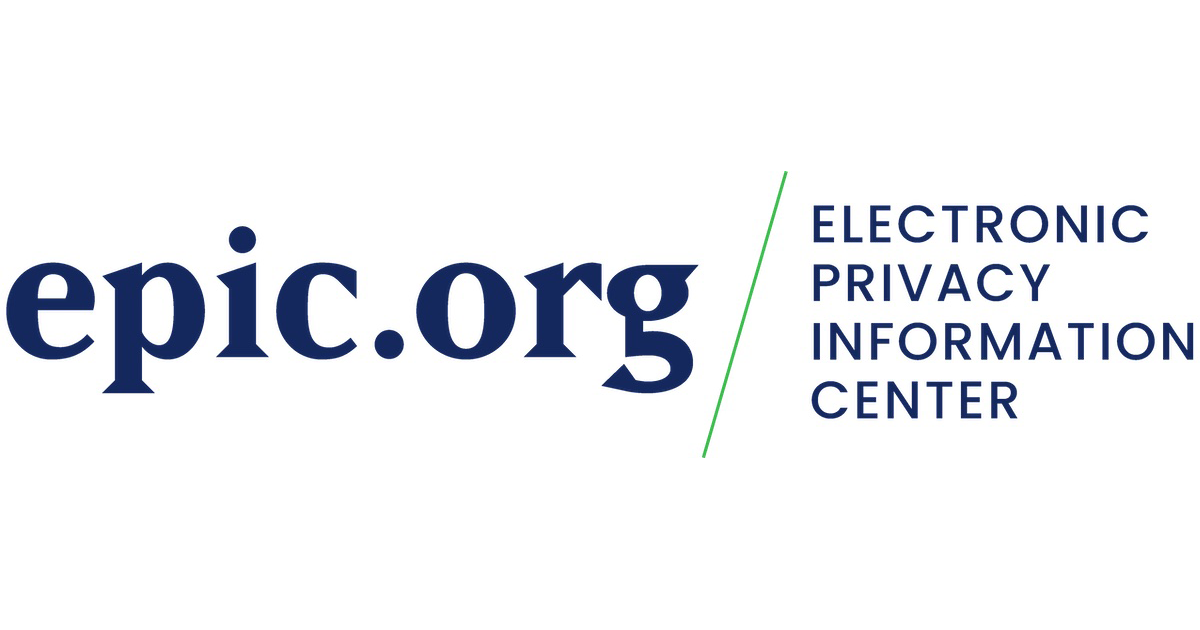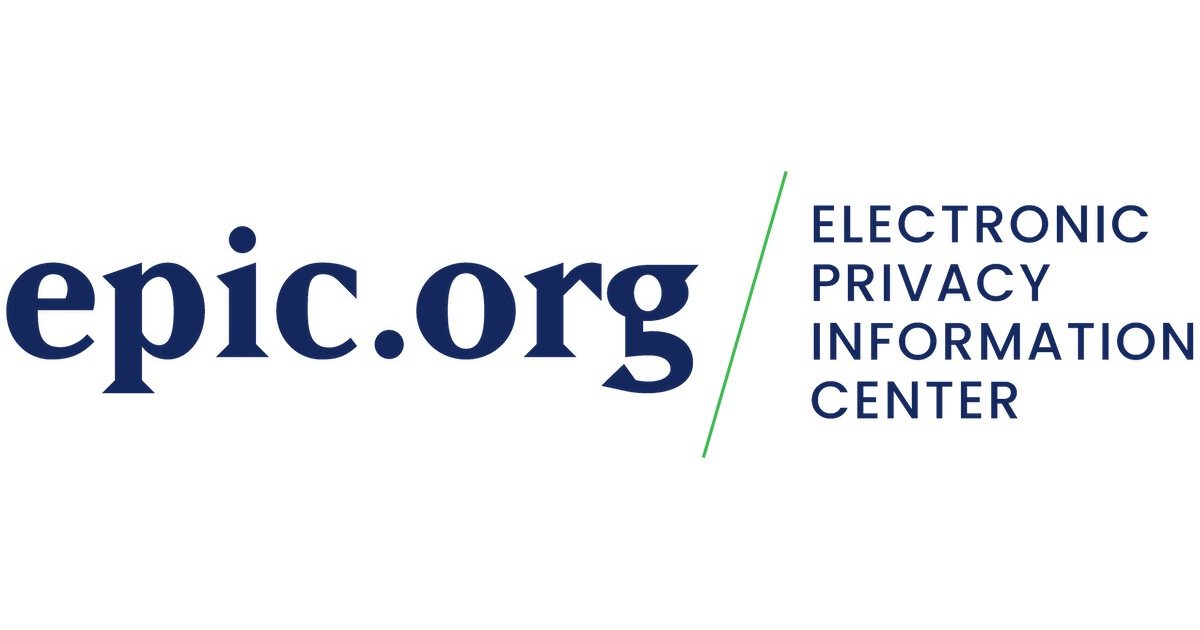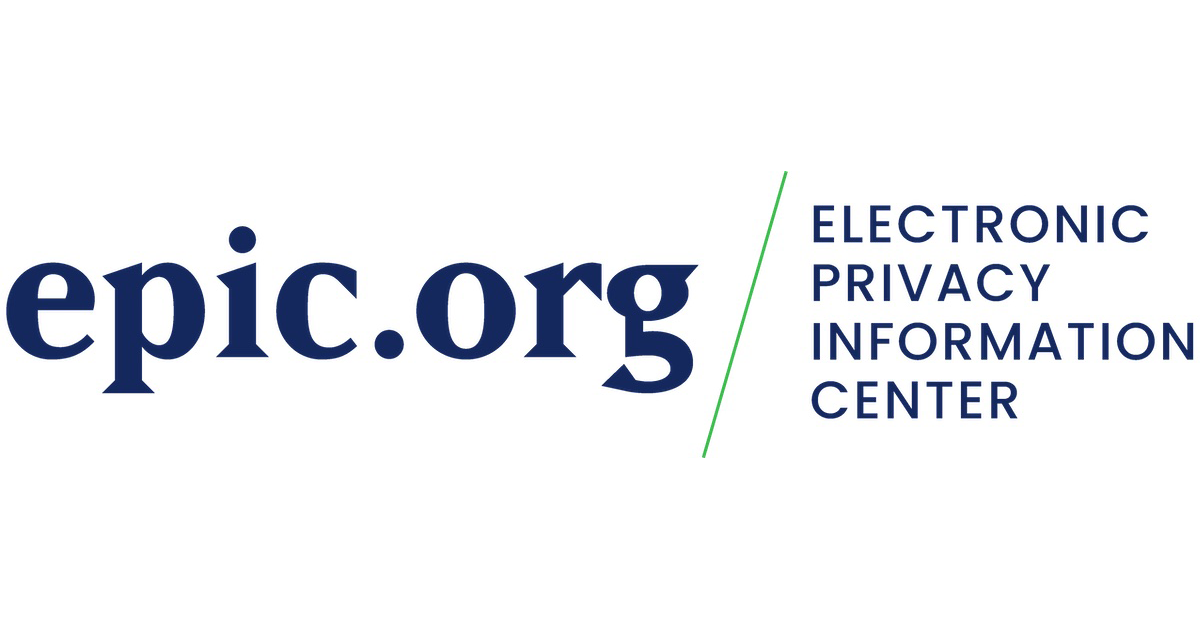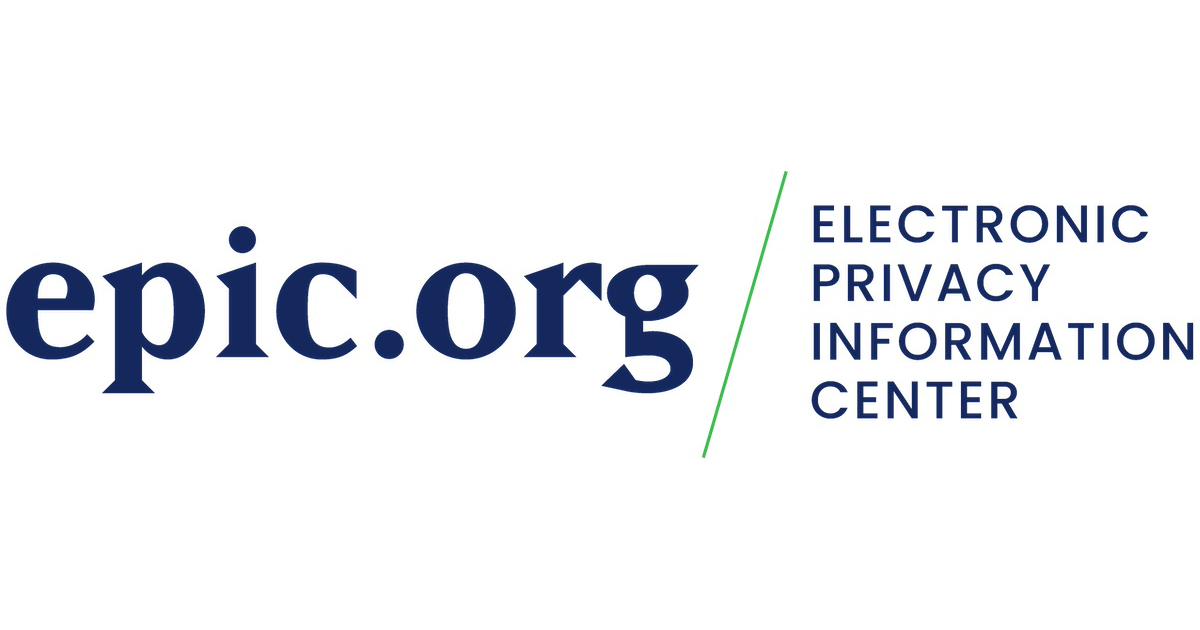This morning, the Supreme Court will hear argument in an interesting—and, unfortunately, salacious—case about Article III standing. Acheson Hotels v. Laufer is about whether a person with disabilities has the right to sue a hotel when the hotel fails to provide accessibility information on their website as required by the Americans with Disabilities Act, or ADA.
The Constitution gives federal courts jurisdiction to hear “case[s] or controvers[ies].” From these three words, the Supreme Court has spun a complex doctrine that requires plaintiffs to allege that they have suffered (1) an actual or imminent injury (2) that can be fairly traced to the actions of the defendant and (3) can be redressed by a favorable ruling of the court. For the injury prong, plaintiffs must show that their injury is both particularized—that is, they are the ones who suffered the injury—and concrete—which, following Transunion v. Ramirez, essentially means that the injury is sufficiently analogous to one traditionally recognized in American courts.
Article III standing was originally proposed as a means of testing whether the federal courts were infringing on the policymaking authority of the legislative and executive branches. But in cases like Acheson Hotels, the purpose of Article III standing has been flipped on its head, and instead of preventing courts from infringing on the powers of the other branches, it instead is used to do just that by denying plaintiffs a forum to vindicate rights granted them by the legislature.
Laufer claims that she suffered two injuries from Acheson Hotels’ failure to provide her with accessibility information: an informational harm from the denial of information itself and a stigmatic or dignitary harm from experiencing discrimination based on her status as a person with disabilities. Both of these harms have long been recognized in Americans courts, mostly in the context of the First and Fourteenth Amendments.
Defendant Acheson Hotels argues that Laufer did not suffer any injury because she is a “tester.” Testers are people who test compliance with civil rights laws by purposefully subjecting themselves to potential discrimination. In a case called Havens Realty Corp. v. Coleman, the Supreme Court announced that testers have standing to bring civil rights claims. Like Laufer, the plaintiff in Havens Realty sought information that they had no plans to use. But Acheson Hotels says their case is different because the Court’s thinking on informational standing has evolved. And Laufer was discriminated against online.
Unlike the plaintiff in Havens Realty, a representative at Acheson Hotels did not personally refuse to provide information to Laufer. Instead, Laufer navigated to Acheson Hotels’ website, looked for the accessibility information, and found none. Acheson Hotels maintains that Laufer merely observed a lack of information, and thus merely observed a harm that could potentially impact someone else who actually wanted to make a reservation at the hotel. But Laufer was not a mere observer—she was a user of the Acheson Hotels website, and as a user, personally experienced both the denial information to which she had a right and the dignitary harm that comes from being discriminated against.
Acheson…









